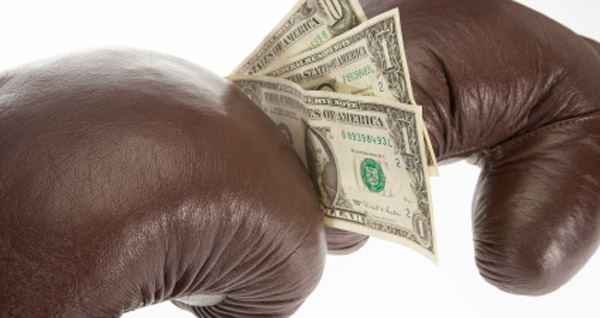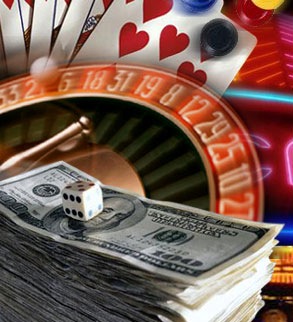Derivatives Reform Suffers Midnight Mangling
 The last day was a long one in the House-Senate conference committee on financial reform. The conferees had been at it since 9:00 a.m. and were rumpled and weary. Big bank lobbyists packed the conference room and trailed out into the hallways. As the clocked ticked into the wee hours, the chances for meaningful financial reform dimmed. At issue was the strong and controversial crack-down on derivatives trading authored by Senate Agriculture Committee Chair Blanche Lincoln (D-Arkansas).
The last day was a long one in the House-Senate conference committee on financial reform. The conferees had been at it since 9:00 a.m. and were rumpled and weary. Big bank lobbyists packed the conference room and trailed out into the hallways. As the clocked ticked into the wee hours, the chances for meaningful financial reform dimmed. At issue was the strong and controversial crack-down on derivatives trading authored by Senate Agriculture Committee Chair Blanche Lincoln (D-Arkansas).

 Today, U.S. Senator
Today, U.S. Senator 
 Reckless swaps and derivatives trading played a critical role in the financial crisis, inflating the domestic housing bubble and turning it into a global economic catastrophe. As the House and Senate conference committee begins final work on the financial services reform bill, it is critically important that we wall off the casino from the taxpayer guarantee. If big banks want to gamble they need to do so with their own money. Nobel prize-winning economist
Reckless swaps and derivatives trading played a critical role in the financial crisis, inflating the domestic housing bubble and turning it into a global economic catastrophe. As the House and Senate conference committee begins final work on the financial services reform bill, it is critically important that we wall off the casino from the taxpayer guarantee. If big banks want to gamble they need to do so with their own money. Nobel prize-winning economist  When the Senate bank reform legislation passed in May, Senate Majority Leader
When the Senate bank reform legislation passed in May, Senate Majority Leader  Even though the
Even though the  According to a
According to a